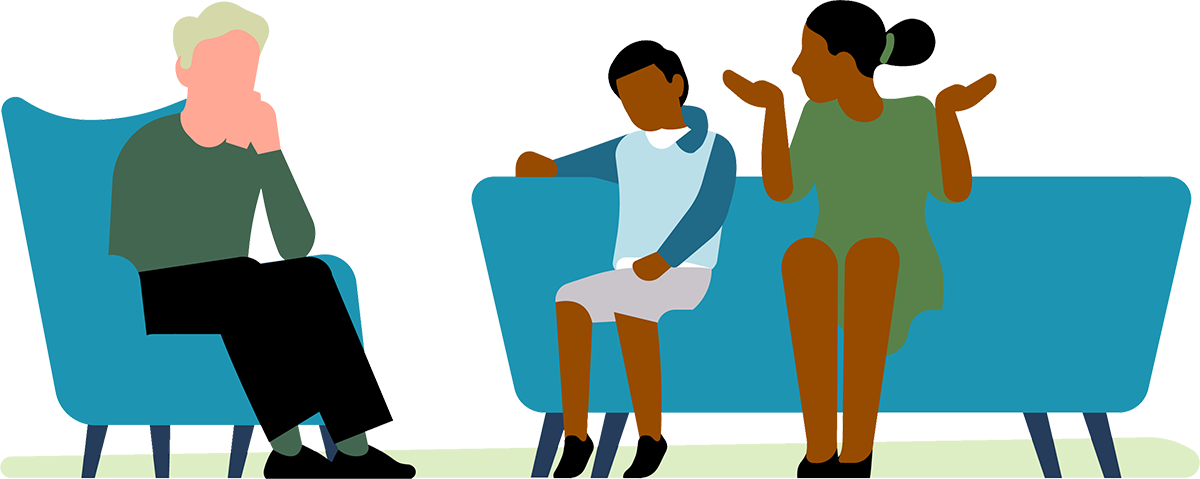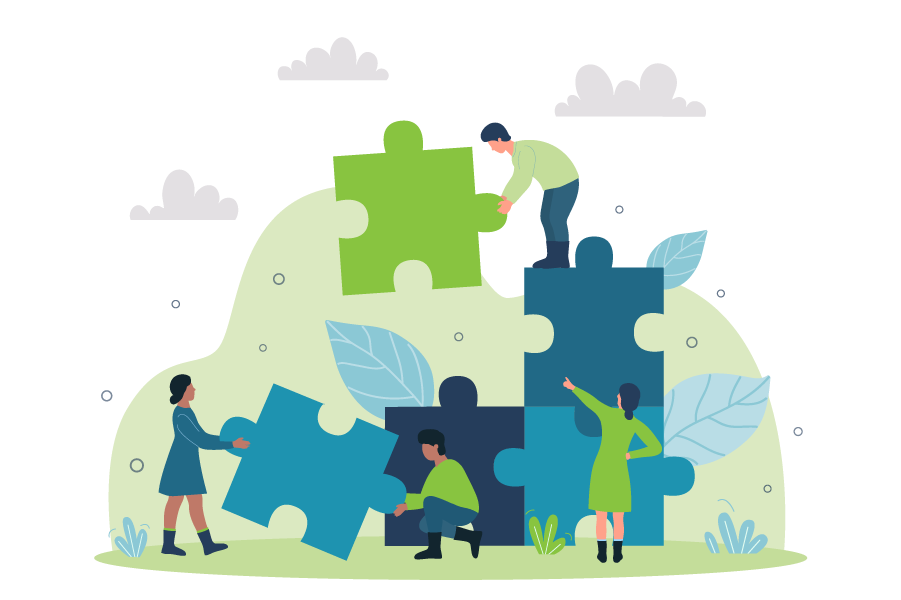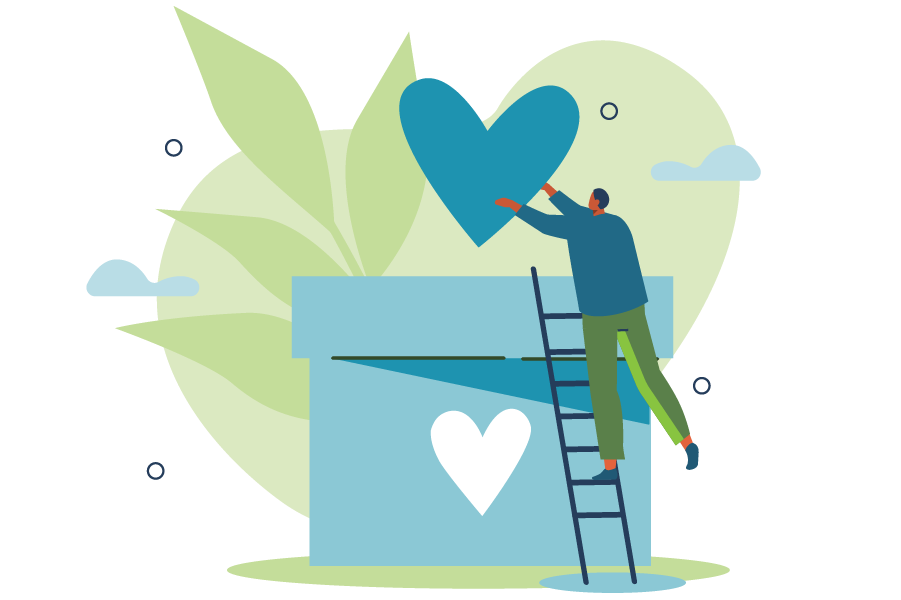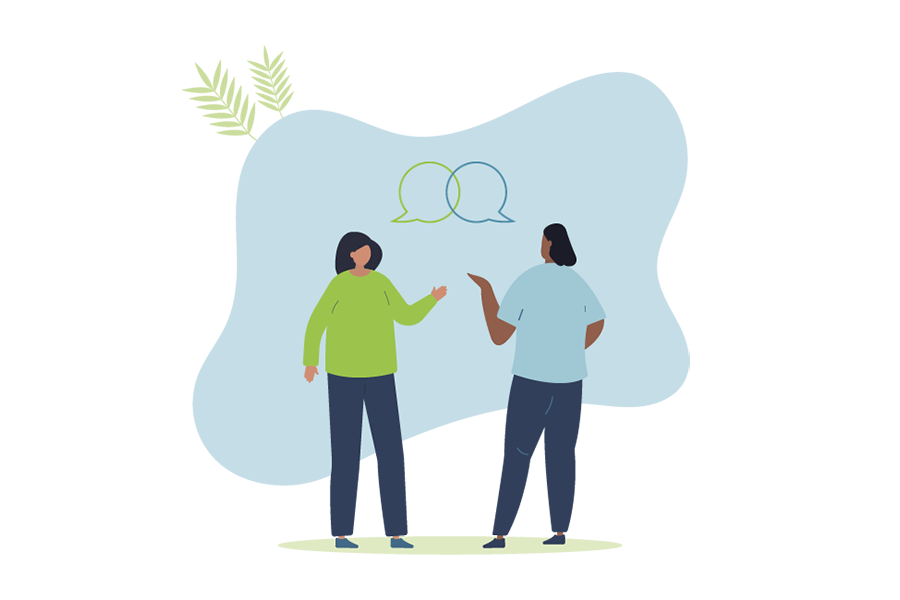Most victims and survivors of domestic abuse will disclose their experiences to someone in their familial or wider social network – this includes colleagues. That is why it’s vital that HR Professionals feel properly equipped to handle disclosures and know how to best support the individual coming forward.
Research conducted in the UK discusses the importance of workplace training for equipping and empowering managers to respond in positive and helpful ways.
We understand that HR is often responsible for ensuring employee well-being, so it is essential they feel confident and knowledgeable in navigating domestic abuse cases. It is important to note that if you are a HR professional reading this, you are not responsible for saving someone struggling with domestic violence. However, receiving the right training could make all the difference in your recognising and responding effectively.

How To Effectively Support A Victim Or Survivor Of Domestic Violence
One in four women and one in seven men will be affected by domestic abuse. This is an alarming statistic, particularly if you do a headcount around your workplace. If you create a safe and open environment, people are more likely to reach out for the support they needed.
Below are some effective, low-cost steps that businesses can take to support employees experiencing domestic abuse. By adopting these common-sense practices, companies can provide meaningful help and facilitate the path to safety for those in harmful situations:
Step 1: Create an Open Environment
Victims of domestic violence often hesitate to disclose their situation to supervisors or HR professionals due to fear or shame. To address this, it’s crucial to create a workplace environment where victims and survivors feel safe and supported.
Foster an atmosphere of openness by encouraging dialogue and prominently displaying resources about domestic abuse. These visible signs of support can help normalise conversations about domestic violence, reduce stigma, and reassure victims that they will be supported if they choose to come forward.
Step 2: Recognise the Problem
It is important to look out for any sudden changes in behaviour and/or changes in the quality of an individual’s performance for unexplained reasons. This could be things such as:
- Decreased productivity, missing deadlines or a drop-in work standard
- Increased absence occurrences, or frequent lateness or needing to leave work early
- Changes in attitude or behaviour
- Injuries that are unexplained such as bruising or broken bones
- Increase in the time the employee spends at work
- Change in the way they dress, for example on warmer days, not having skin on show to hide bruises
Step 3: Respond Effectively
Responding appropriately to a disclosure of abuse is crucial. It likely took significant courage for the victim to come forward, and your response can have a lasting impact. First and foremost, ensure the individual feels heard and validated. Reassure them that you believe what they are sharing, and that you are there to listen without judgment. It is essential not to ask for any proof of the abuse, as this may discourage them from opening up further.
Acknowledge the potential impact of domestic abuse on their work performance and assure them that the organisation understands these challenges. Offer any support available, showing empathy and a genuine willingness to help.
Step 4: Provide Available Support
Now is the time to provide tangible support, especially actions that help protect the employee during the working day. This may involve diverting phone calls if they are being harassed, ensuring the employee does not work alone or in isolated areas, and keeping a record of any abuse incidents you observe in the workplace, such as harassing phone calls or visits.
Consider displaying domestic abuse helpline posters in discreet places around the office, such as on the back of toilet doors, to provide accessible resources. Freeva offers a free helpline that victims and survivors can contact at 0808 802 0028. Additionally, the 24-Hour National Domestic Abuse Helpline is available at 0808 2000 247.
Step 5: Refer to Further Support
Provide the employee with a list of accessible support services to help them receive the assistance they need beyond your initial help. Your support can make a significant difference, but referring them to specialised services is crucial to ensuring they receive more comprehensive support and potentially move away from harmful situations.
Freeva offers a wide range of services to support victims and survivors of domestic abuse including LGBTQ+ Support, Specialist BAME Support, Specialised Male Support, Therapeutic Support and more.
How we can help you
At Freeva, we aspire to live in a society where everyone is free from violence. A key part of our mission is to share our expertise with professionals like you, to ensure as many people as possible receive the support they need.
We offer a variety of training programs that can be tailored to the specific needs of your business. Our training can help you identify early warning signs of abuse, understand harassment in its different forms, and learn effective ways to support survivors.
If you are a professional interested in enhancing your skills and knowledge in this area, please visit our Eventbrite page for upcoming training sessions. You can register for events here: Freeva Events on Eventbrite.






